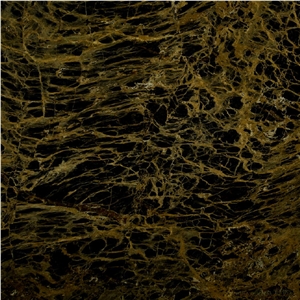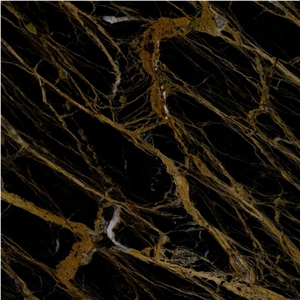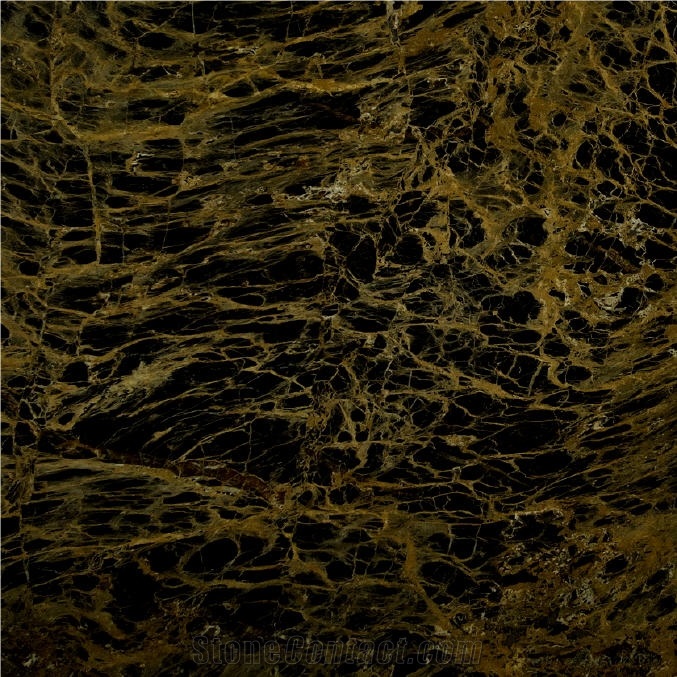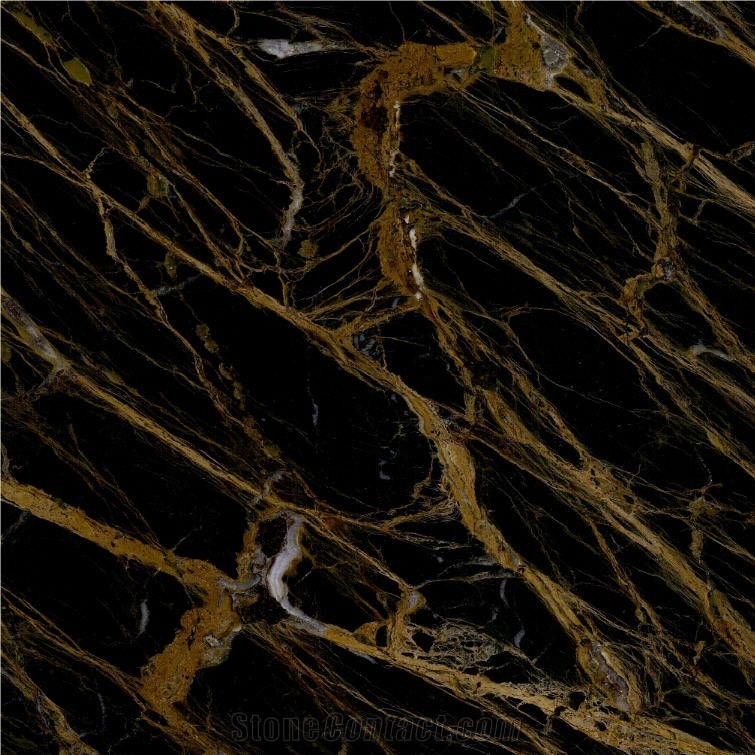Persian Portoro Marble
 Iran
Iran
Persian Portoro Marble is a kind of black marble quarried in Iran. This stone is especially good for Building stone,countertops, sinks, monuments, pool coping, sills, ornamental stone, interior, exterior, wall, floor , paving and other design projects. It also called Elegant Gold Marble,Iran Portoro Marble,Persian Nero Portoro,Persian Black Gold Marble,Black Empire Marble,Empire Black Marble,Iran Nero Portoro Marble,in China stone market:铜雀台(Tóng què tái) . Persian Portoro Marble can be processed into Polished, Sawn Cut, Sanded, Rockfaced, Sandblasted, Tumbled and so on.

How do I know if my Persian Portoro Marble is sealed?

What makes Persian Portoro Marble sparkle?

Can Persian Portoro Marble terrace be waterproofed?

How do I protect Persian Portoro Marble kitchen countertop?

Can I seal Persian Portoro Marble countertop myself?

How thick is Iran's Persian Portoro Marble slabs?

What grade is Iran's Persian Portoro Marble?

What is the coefficient of friction of Leathered Iran's Persian Portoro Marble tiles?

Can Iran's Persian Portoro Marble be used exterior applications in cold climates?

Does Persian Portoro Marble floor need to be sealed?

What happens if I don't seal Persian Portoro Marble countertop?

Is Iran's Persian Portoro Marble an expensive stone?

What can I use to clean Persian Portoro Marble countertop?

Does olive oil stain Persian Portoro Marble?

Does baking soda whiten Persian Portoro Marble?

Does Persian Portoro Marble countertop stain easily?

Does Persian Portoro Marble absorb heat?

Is Persian Portoro Marble a good countertop?

How do I waterproof Persian Portoro Marble floor?

Is Persian Portoro Marble good for bathroom?

Is Persian Portoro Marble floor hard to maintain?

Does water stain on Persian Portoro Marble countertop?

Are there color variations of Iran's Persian Portoro Marble?

Does sealing Persian Portoro Marble make it shiny?

Does lemon juice stain Persian Portoro Marble countertop?

Can I drill Persian Portoro Marble countertop myself?

Does Persian Portoro Marble countertop scratch easily?

Can Iran's Persian Portoro Marble be used outdoors?

Can Iran's Persian Portoro Marble be used in landscaping?

Can Iran's Persian Portoro Marble be used in a bathroom?
-

-

 China
China
 9YRDiamond members are premium members on platform, providing members with comprehensive approach to promoting their products, increasing products exposure and investment return to maximize.
9YRDiamond members are premium members on platform, providing members with comprehensive approach to promoting their products, increasing products exposure and investment return to maximize.
 Verified Supplier is for prove company authenticity,including business license,trade license and effective office space,to enhance buyers' trust to suppliers and their products, reducing communication costs.
Verified Supplier is for prove company authenticity,including business license,trade license and effective office space,to enhance buyers' trust to suppliers and their products, reducing communication costs.
Contact Supplier
-

-

 Iran
Iran
 Verified Supplier is for prove company authenticity,including business license,trade license and effective office space,to enhance buyers' trust to suppliers and their products, reducing communication costs.
Verified Supplier is for prove company authenticity,including business license,trade license and effective office space,to enhance buyers' trust to suppliers and their products, reducing communication costs.
Contact Supplier
-

 United Arab Emirates
United Arab Emirates
Contact Supplier
-

-

-

-

 Iran
Iran
 Verified Supplier is for prove company authenticity,including business license,trade license and effective office space,to enhance buyers' trust to suppliers and their products, reducing communication costs.
Verified Supplier is for prove company authenticity,including business license,trade license and effective office space,to enhance buyers' trust to suppliers and their products, reducing communication costs.
Contact Supplier
-

 Iran
Iran
 Verified Supplier is for prove company authenticity,including business license,trade license and effective office space,to enhance buyers' trust to suppliers and their products, reducing communication costs.
Verified Supplier is for prove company authenticity,including business license,trade license and effective office space,to enhance buyers' trust to suppliers and their products, reducing communication costs.
Contact Supplier
The request includes: 1. surface finished, size 2. quantity required









